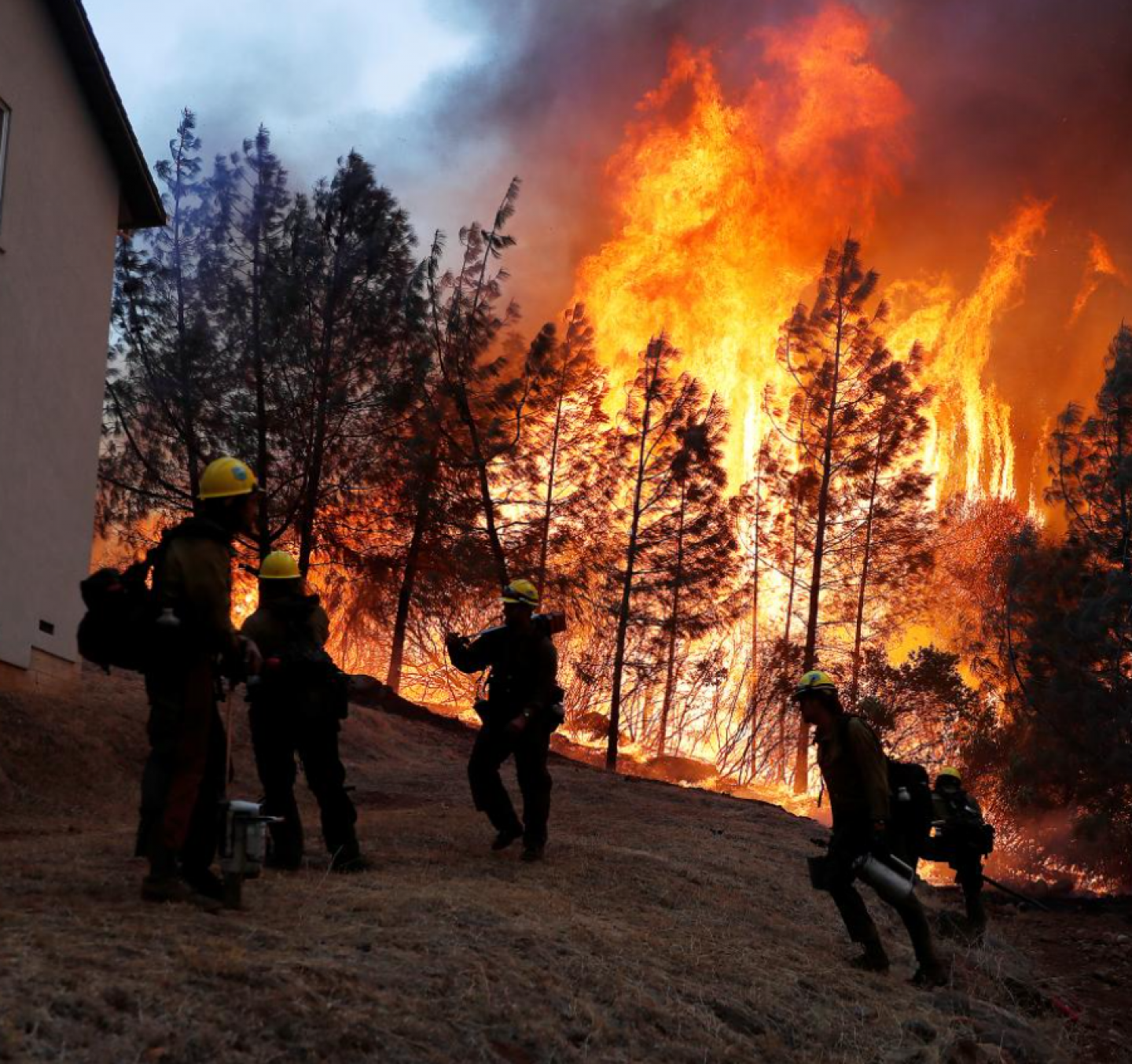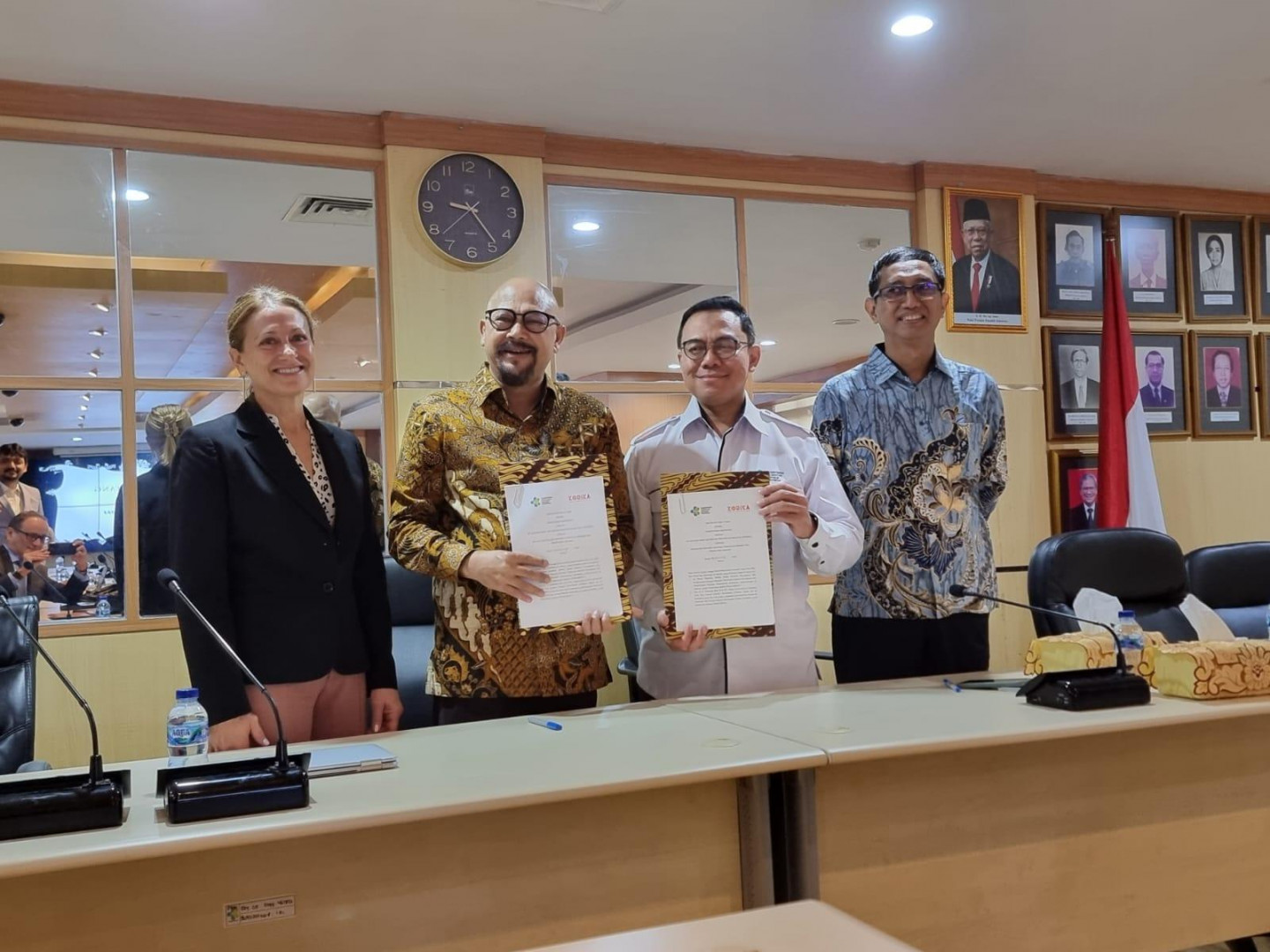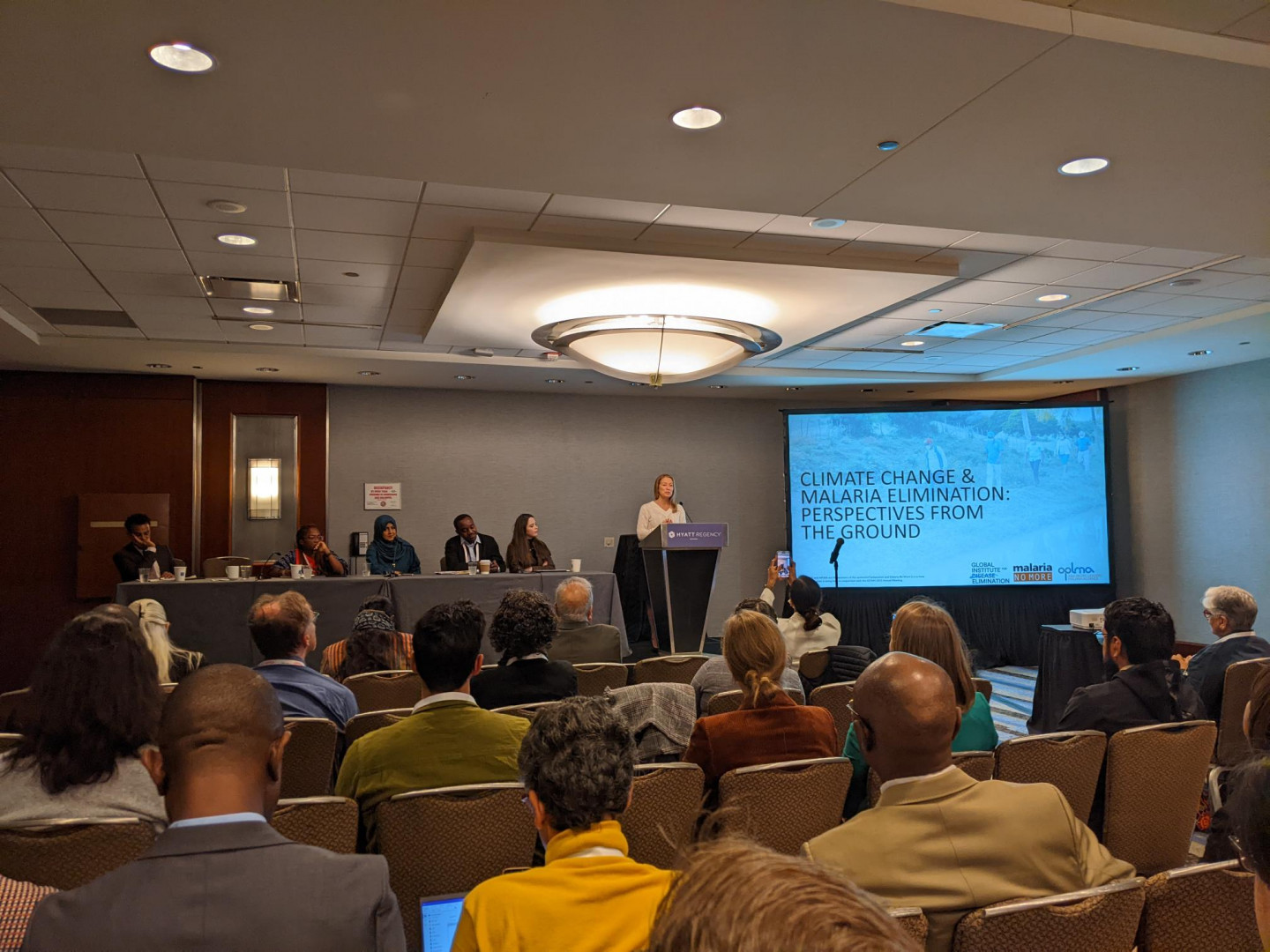In a must-read, ProPublica's Abrahm Lustgarten uses the 2018 Camp Fire to show how extreme weather disrupts modern life


In a must-read, ProPublica's Abrahm Lustgarten uses the 2018 Camp Fire to show how extreme weather disrupts modern life

The 28th UN Climate Change Conference (COP28) was a turning point for recognising climate change as a human health emergency. There was a dedicated health day for the first time ever and an announcement of a Declaration on Climate and Health signed by over 150 countries.
As part of Forecasting Healthy Futures’ mission to support emerging researchers at the intersection of climate and health, we spoke to Ekuwa Adade, a doctoral researcher at Brunel University London, and a member of the IMACS Expert Network. Adade, who is researching climate sensitive diseases, recently launched a malaria modeling project as part of her doctoral research focused on her home country, Ghana. IMACS is mentoring Ekuwa in understanding and comparing different time series models and helping advance her skills in integrating climate and malaria surveillance information using advanced machine learning.
On the sidelines of the 77th World Health Assembly, Forecasting Healthy Futures hosted an event entitled “Healthy & Resilient Cities Worldwide: Clearing the social and financial hurdles to integrate and scale sustainable urban innovations”, in partnership with Reaching the Last Mile. The discussion examined the health impacts of climate threats as experienced in urban settings around the world, and the innovative efforts underway to build sustainable and resilient cities.
Malaria is among the greatest public health threats in Mozambique, with more than 12 million cases in 2022. In a discussion with James Colborn, Senior Malaria Advisor at the Clinton Health Access Initiative and member of the Forecasting Healthy Futures Institute for Health Modeling and Climate Solutions (IMACS), Colborn discusses his malaria work in Mozambique, as well as his thoughts on addressing climate change and leveraging early warning systems.
Ahead of a historic, first-ever Health Day during the 28th United Nations Conference on Climate Change (COP28) in Dubai, Forecasting Healthy Futures—in partnership with TIME CO2—announces the launch of a bold and ambitious global campaign - The Face of Change - that centers health as the human face of climate change. With a focus on real and relatable stories, proven, ready-to-scale solutions and open-source creative content to amplify and activate, the campaign aims to inspire a global movement to save millions of lives today from the direct health impacts of climate change while protecting the health of billions of others by accelerating action to arrest global warming.

Two weeks before the start of the 2023 United Nations Climate Change Conference (COP28), Forecasting Healthy Futures’ Institute for Health Modeling and Climate Solutions (IMACS) announced a groundbreaking climate and health partnership aimed at expanding the recently launched ClimateSmart Indonesia Initiative working to climate-proof Indonesian health systems.
In the lead up to the 2023 UN Climate Change Conference (COP28), Forecasting Healthy Futures hosted an online panel discussion today with climate and health experts in the Latin American and Caribbean region, in follow-up to the recent Latin America and Caribbean Climate Week (LACCW) 2023 in Panama City.

uring this year’s annual meeting of the American Society of Tropical Medicine & Hygiene in Chicago (October 18-22), Forecasting Healthy Futures put a spotlight on the intersection of climate and health through a series of affiliated events.

This week, during the 78th United Nations General Assembly and New York Climate Week, global leaders and health experts descended on New York City, putting a spotlight on the impacts of climate change on human health.